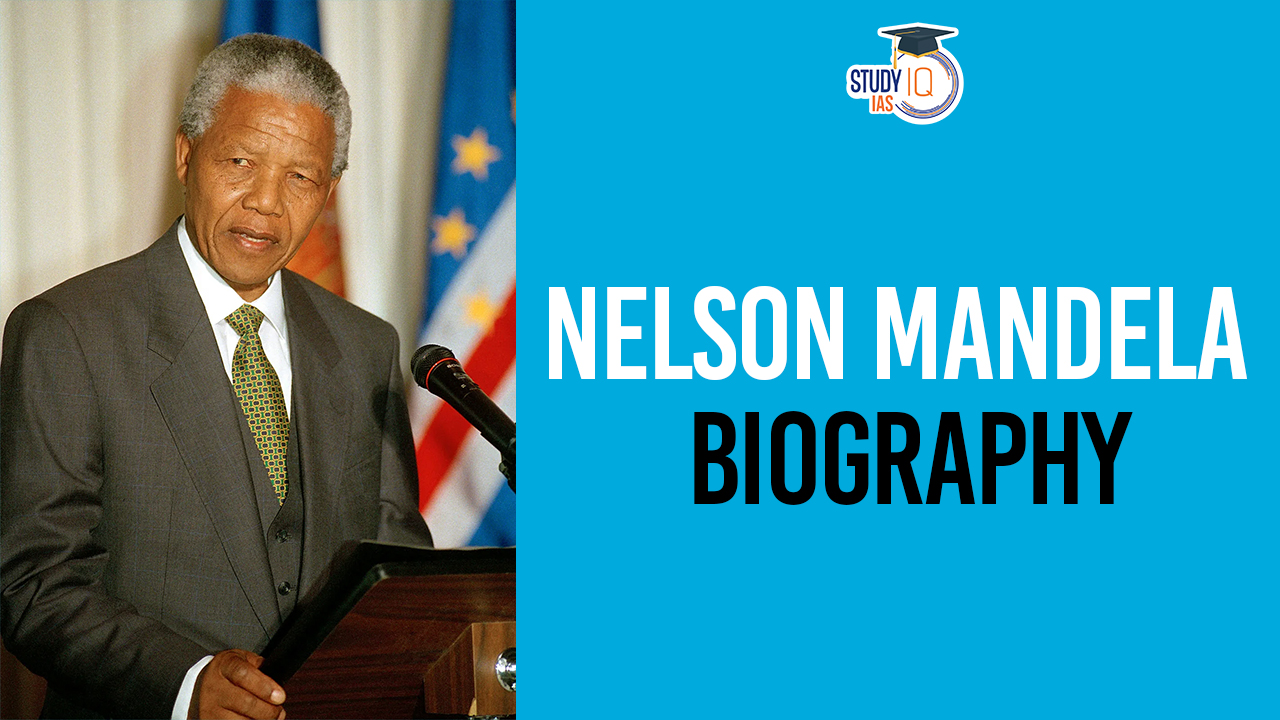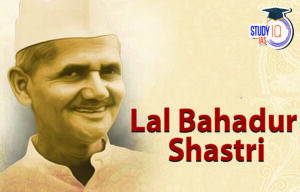Table of Contents
Nelson Mandela Biography
Nelson Mandela was a towering figure in the fight against apartheid in South Africa and a symbol of resistance against injustice worldwide. His life story is one of courage, resilience, and the triumph of the human spirit over adversity.
Nelson Mandela Biography Overview
| Category | Information |
| Full Name | Nelson Rolihlahla Mandela |
| Birthdate | July 18, 1918 |
| Place of Birth | Mvezo, Cape Province, Union of South Africa |
| Death Date | December 5, 2013 |
| Place of Death | Johannesburg, Gauteng, South Africa |
| Nationality | South African |
| Occupation | Anti-Apartheid Revolutionary, Politician, Philanthropist |
| Known For | Leading the struggle against apartheid in South Africa, First black president of South Africa, Nobel Peace Prize laureate |
| Political Party | African National Congress (ANC) |
| Imprisonment | 27 years (1962–1990) for his anti-apartheid activities |
| Presidential Term | 1994–1999 (First black president of South Africa) |
| Nobel Peace Prize | Awarded in 1993 |
We’re now on WhatsApp. Click to Join
Nelson Mandela’s Early Life
Nelson Rolihlahla Mandela was born on July 18, 1918, in the village of Mvezo in the Eastern Cape province of South Africa. He was born into the Thembu royal family, and his father, Gadla Henry Mphakanyiswa, was a chief. Mandela’s given name, Rolihlahla, means “pulling the branch of a tree” or more colloquially, “troublemaker.”
Mandela was the first member of his family to receive a formal education. He attended a missionary school and later the Clarkebury Boarding Institute and Healdtown, a Methodist college. In 1940, Mandela began studying law at the University of Fort Hare, but he was expelled for participating in a student protest.
Nelson Mandela’s Political Activism
In the 1940s, Mandela became increasingly involved in politics, joining the African National Congress (ANC), which fought against apartheid, the system of institutionalized racial segregation and discrimination enforced by the South African government. He helped form the ANC Youth League in 1944, advocating for more radical tactics in the struggle against apartheid.
In 1952, Mandela opened the first black law firm in South Africa with his friend Oliver Tambo. He also organized various nonviolent protests, such as the Defiance Campaign and the Congress of the People, which called for a nonracial and democratic South Africa.
Nelson Mandela Imprisonment
In 1962, Mandela was arrested for his anti-apartheid activities and sentenced to five years in prison. In 1964, while serving this sentence, he was put on trial for sabotage and conspiracy to overthrow the government. Mandela famously gave a speech during the trial in which he declared that he was prepared to die for his beliefs. He was subsequently sentenced to life imprisonment and sent to Robben Island, a notorious prison off the coast of Cape Town.
During his 27 years in prison, Mandela became a symbol of resistance to apartheid both in South Africa and around the world. He continued to advocate for equality and justice, even in the face of harsh conditions and isolation.
Nelson Mandela’s Release and Presidency
Mandela was released from prison on February 11, 1990, after intense international pressure and negotiations. Upon his release, he worked tirelessly to negotiate an end to apartheid and establish a democratic government in South Africa.
In 1994, Mandela was elected as the first black president of South Africa in the country’s first multiracial elections. During his presidency, Mandela focused on reconciliation and nation-building, creating the Truth and Reconciliation Commission to address the crimes of apartheid and promote healing and forgiveness.
Nelson Mandela’s Later Years and Legacy
After leaving office in 1999, Mandela remained active in public life, advocating for various causes, including HIV/AIDS awareness and conflict resolution. He was awarded the Nobel Peace Prize in 1993 for his efforts to dismantle apartheid peacefully.
Nelson Mandela passed away on December 5, 2013, at the age of 95, but his legacy continues to inspire people around the world. He is remembered as a champion of justice, equality, and human rights, whose courage and leadership changed the course of history in South Africa and beyond.
Nelson Mandela Biography UPSC
Nelson Mandela, born in 1918, was a pivotal anti-apartheid activist in South Africa. After co-founding the ANC Youth League, he campaigned for racial equality, leading nonviolent protests and opening the first black law firm. Imprisoned for 27 years for his activism, Mandela emerged as a global symbol of resilience. Released in 1990, he negotiated an end to apartheid, becoming South Africa’s first black president in 1994. Mandela’s legacy of reconciliation and justice endures worldwide.


 Birsa Munda Birth Anniversary 2025: Life...
Birsa Munda Birth Anniversary 2025: Life...
 Jawahar Lal Nehru Biography: Celebrating...
Jawahar Lal Nehru Biography: Celebrating...
 Lal Bahadur Shastri Jayanti 2025: Rememb...
Lal Bahadur Shastri Jayanti 2025: Rememb...

























